The European Commission continues to pressure all member states to fully disengage from the Russian energy market. At the same time, the European People’s Party — which includes Peter Magyar’s Tisza Party — adopted a resolution at its early May congress calling for restrictions on Russia’s nuclear energy industry.
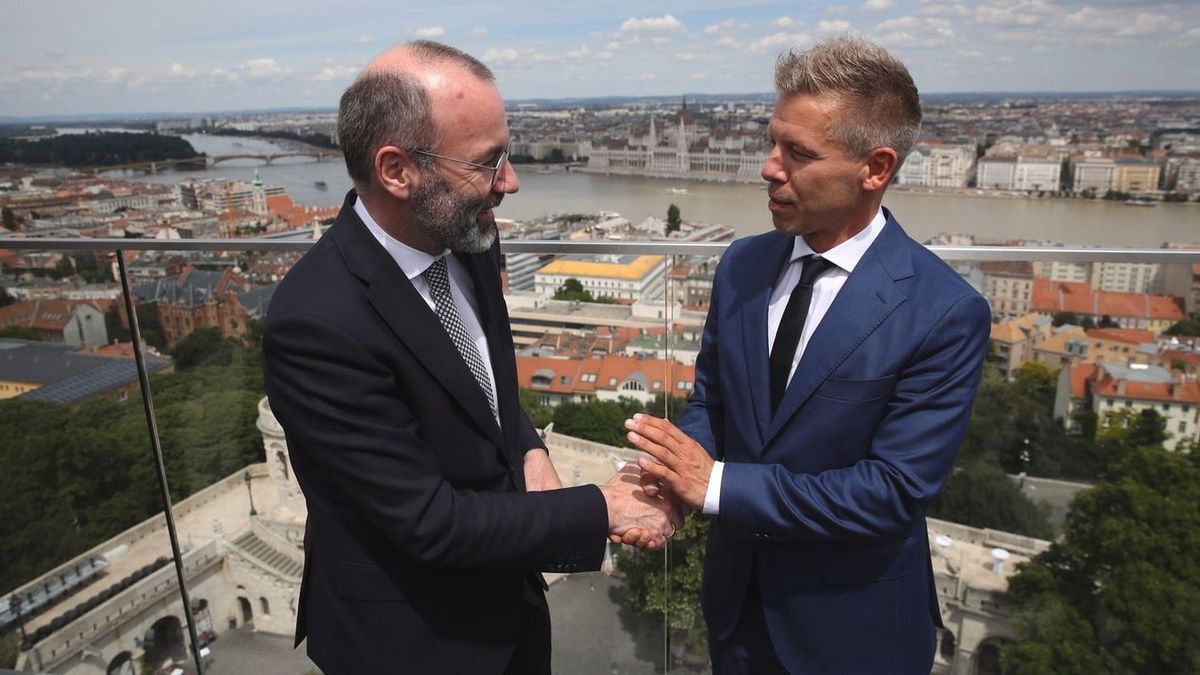
Pushing for the Impossible
Even the EU’s own economic think tank, the Bruegel Institute, acknowledges that a sudden separation from Russian nuclear sources is not feasible. In a joint report with Ukraine’s Dixi group, the authors advocate for an import ban, but they also emphasize that member states have compelling reasons for maintaining the current practice.
The report stresses that the cooperation between countries like Hungary and France with Rosatom is not driven solely by political factors. The EU is critically dependent on Russian energy supplies, especially in the nuclear sector. As a result, an immediate cut-off from Russian imports would pose a serious threat to energy security, making such action highly unreasonable under current conditions.
Member States Panicked and Started Stockpiling
The extent of this dependence is clear: in 2024, the EU imported over 700 million euros’ worth of uranium from Russia for its nuclear power plants, which generate about a quarter of the bloc’s electricity. A year earlier, 23 percent of the natural uranium used in nuclear fuel came directly from Russia.
Rosatom supplies fuel for 19 Russian-designed VVER-type reactors of the 99 nuclear reactors currently operating in the EU, including Hungary’s Paks nuclear power plant. Notably, several pro-sanctions countries — including Poland, Estonia, Latvia, Lithuania, Sweden, Ireland, the Netherlands, and the Czech Republic — have active fuel supply contracts with Rosatom’s fuel division, TVEL. Slovakia and Finland are also among them. While these states have been exploring diversification for some time, switching nuclear fuel sources is, to put it mildly, a complex process.
In 2023, the EU imported a total of 707 tons of nuclear fuel, more than 80 per cent of which (573 tons) came from Russia. This marks a substantial increase from the 314 tons imported in 2022 and reflects the foresight of member states stockpiling in anticipation of possible sanctions or Russian export restrictions.
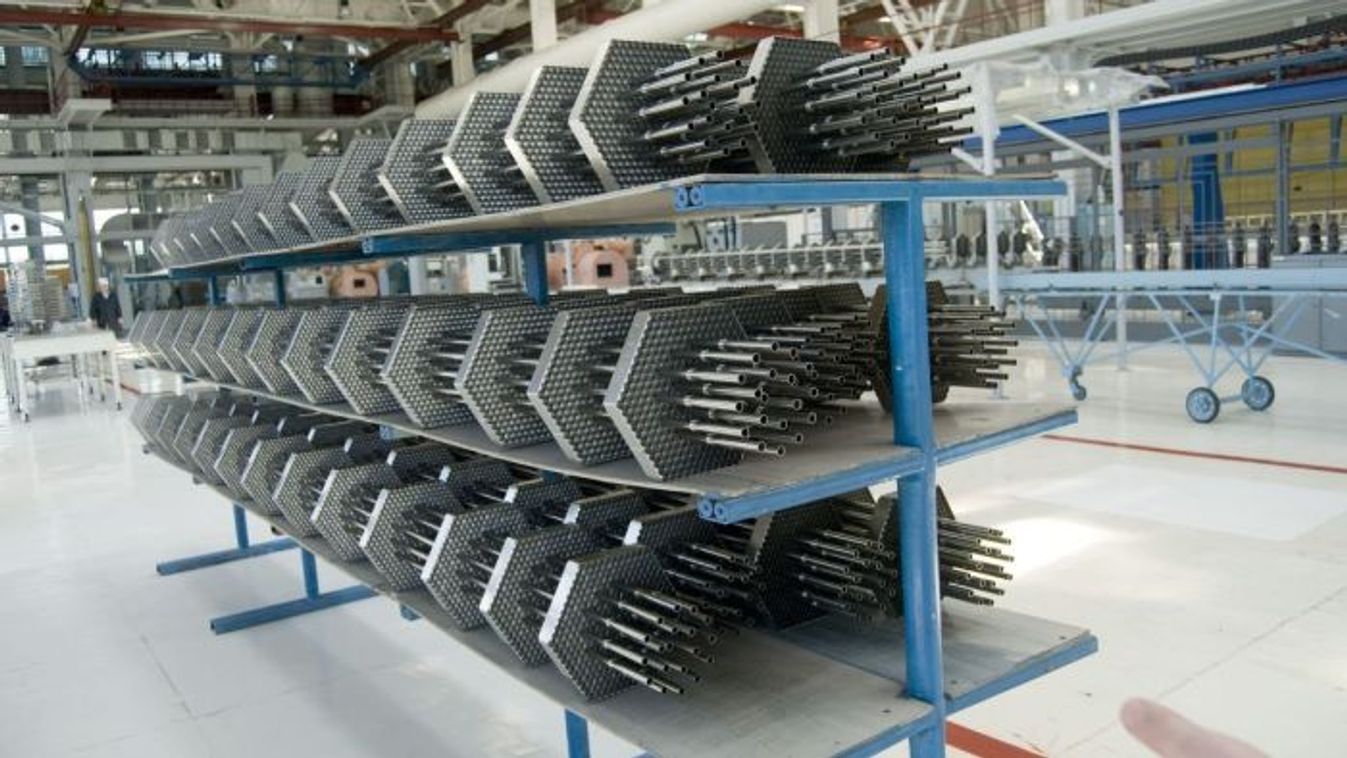
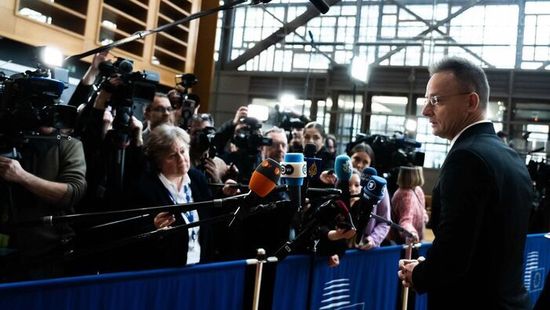
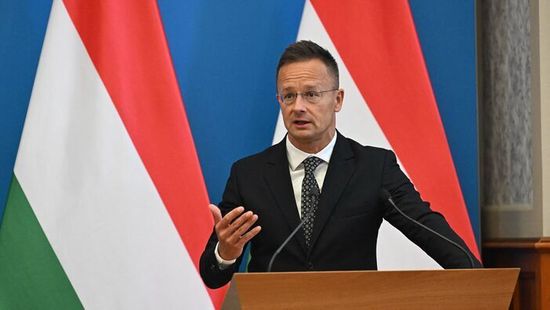



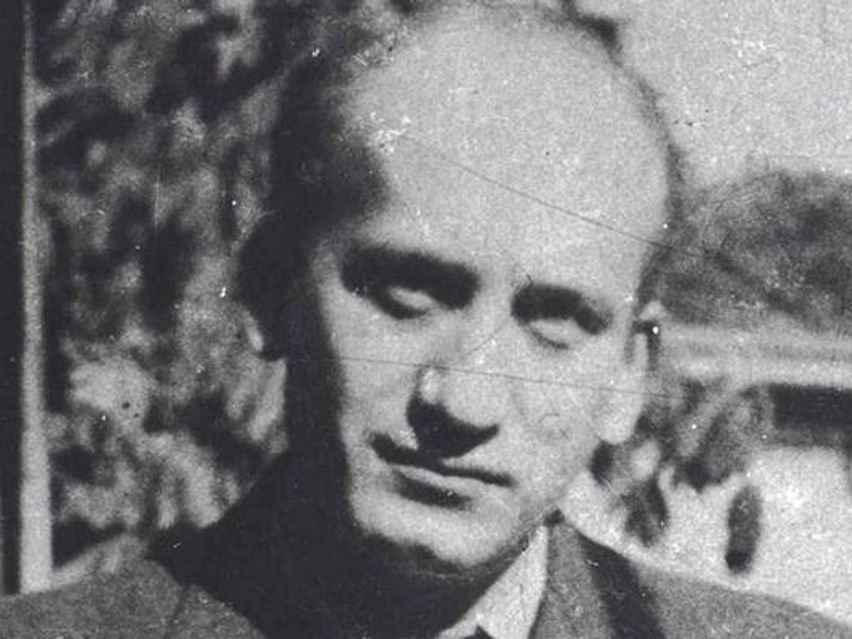




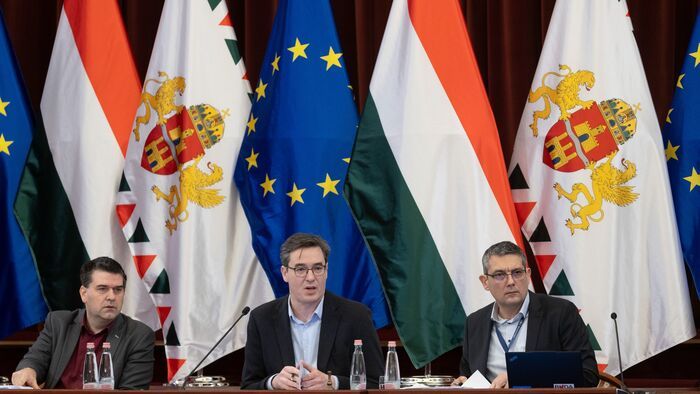

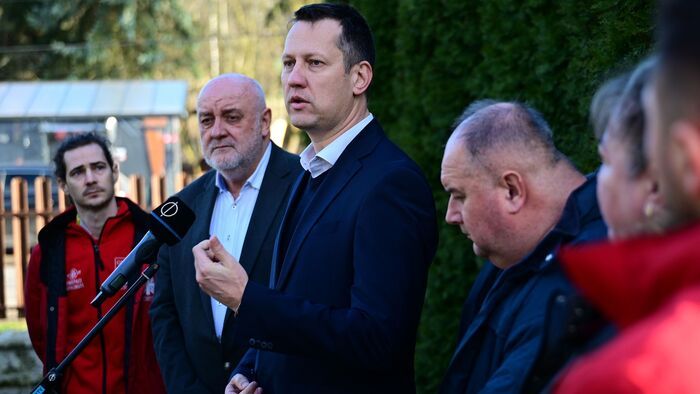
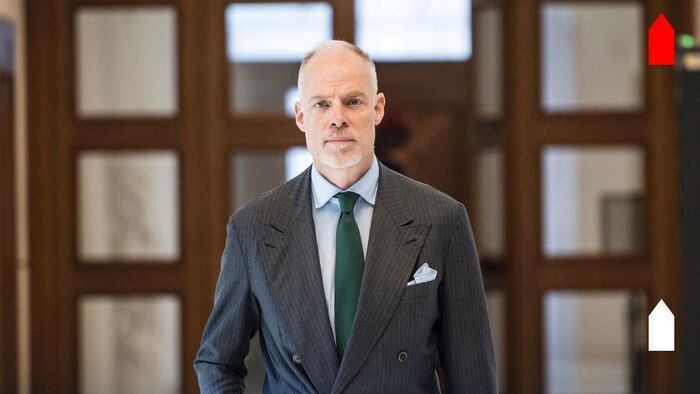
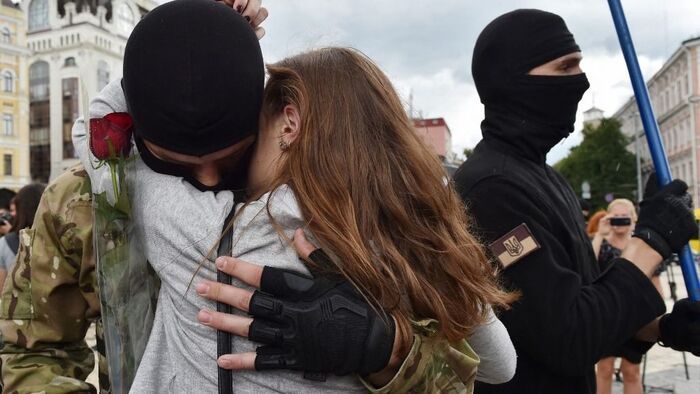
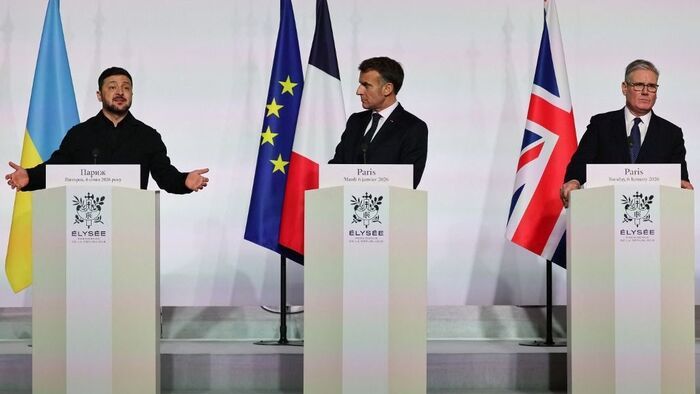
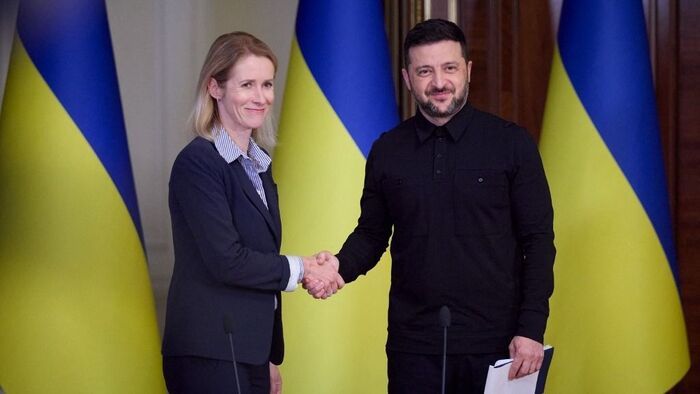
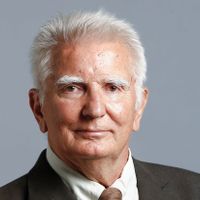




Szóljon hozzá!
Jelenleg csak a hozzászólások egy kis részét látja. Hozzászóláshoz és a további kommentek megtekintéséhez lépjen be, vagy regisztráljon!